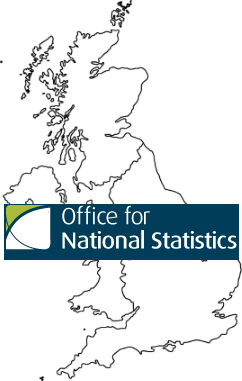The latest Office for National Statistics (ONS) Migration Statistics Quarterly Report, released today, found that UK net migration for the ending (YE) June 2016 stood at +335,000, the second highest on record.
 News media, including BBC News and the Telegraph, focused on the fact that the ONS report found EU immigration to the UK had reached record levels.
News media, including BBC News and the Telegraph, focused on the fact that the ONS report found EU immigration to the UK had reached record levels.
According to the Telegraph, the ONS said 284,000 EU citizens arrived in the UK in the year to June, with Romania topping the list for the country with the most number of migrants.
The ONS noted in its report:
• net migration = +335,000 (similar to YE June 2015), comprising +189,000 EU citizens, +196,000 non-EU citizens and -49,000 British citizens
• immigration = 650,000, the highest estimate recorded (up 11,000 (not statistically significant) from YE June 2015)
• emigration = 315,000 (up 12,000 (not statistically significant) from YE June 2015)
• net migration was similar to the YE March 2016 estimate of +326,000.
Nicola White, Head of International Migration Statistics, Office for National Statistics, was quoted as saying: "Net migration remains around record levels, but it is stable compared with recent years. Immigration levels are now among the highest estimates recorded - the inflow of EU citizens is also at historically high levels and similar to the inflow of non-EU citizens; there were also increases in the number of asylum seekers and refugees. Immigration of Bulgarian and Romanian citizens continues the upward trend seen over the last few years and in 2015 Romania was the most common country of previous residence. The main reason people are coming to the UK is for work, and there has been a significant increase in people looking for work particularly from the EU.
"These long-term international migration figures run to the end of June, so it is too early to say what effect, if any, the EU Referendum has had on long-term international migration. There does not however appear to have been any significant impact during the run-up to the vote."
The ONS report also found that asylum applications increased to reach 41,280 (including dependants) in the year ending September 2016, though a decline was noted in applications for the third quarter of 2016 as compared with the third quarter of 2015.
The Refugee Council noted that this meant the UK had the sixth highest number of asylum claims in the EU, although this amounted to only around 3% of all asylum claims made in the EU during the first nine months of this year.
In terms of asylum applications per head of population, the Refugee Council noted that the UK ranked 16th.